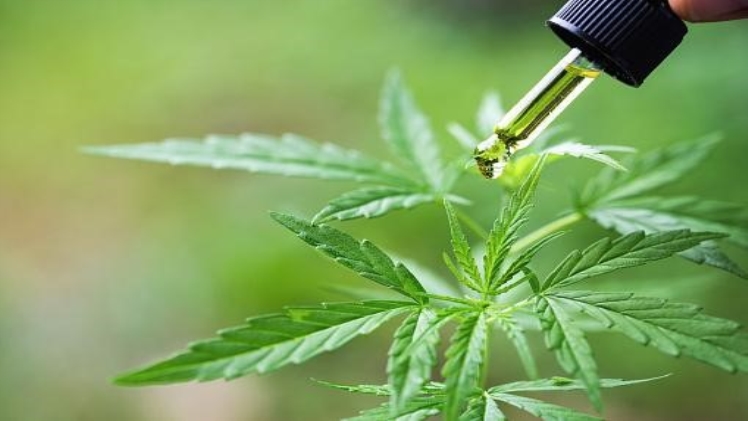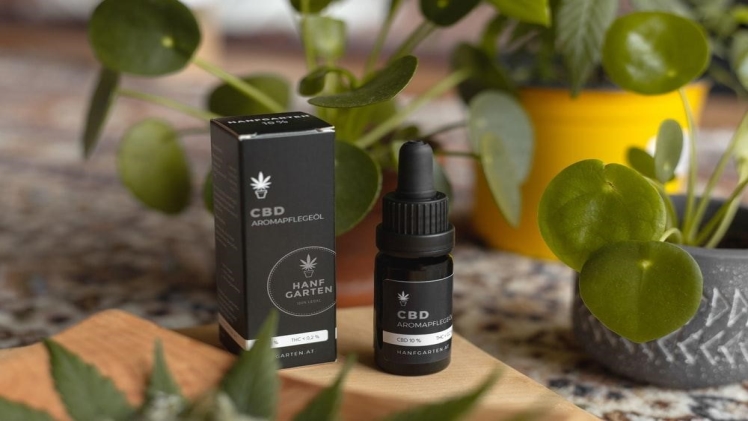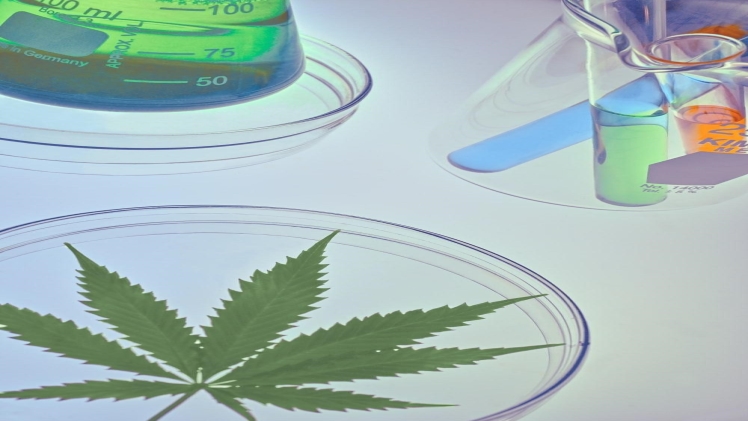The US Federal government has not authorized or regulated CBD (FDA). As a result, determining what you’re purchasing as well as how much people should consume might be tough.
Could it be necessary to take enough of it and have negative consequences, even though it has no intoxicating properties? Is it possible to get too much CBD? The findings of the study are as follows.
How Much Is Excessive?
CBD would be used to treat a variety of cognitive and emotional ailments in living creatures due to its anticonvulsant, anti-inflammatory, antinausea, and schizophrenia properties. There is a broad selection of dose suggestions due to its various applications.
According to Trusted Source, a study review from 2017, Humans may safely take up to 1,500 mg a day every day. A normal 1-ounce container of CBD oil contains between 300 and 1,500 milligrams of CBD.
It’s vital to keep in mind that Hemp and thc, in general, are now in the research phases. It is often important to check with a doctor to see the key value for your specific requirements and whether it will combine with any drugs or substances you’re taking.
So, What Happens Next?
While CBD is tolerable at large amounts and does not cause intoxication, it does have certain uncomfortable symptoms.

The following are some of the undesirable side effects:
- Diarrhea
- Vomiting
- Drowsiness
CBD is likely safe to use inadequate dosages when consumed in large quantities. Doses as high as 200 mg per day have been successfully administered for up to 13 weeks. A specialized prescription CBD medication (Peridioles) has been utilized at greater doses under the supervision of a medical physician.
- Dry mouth, hypotension, breathlessness, and sleepiness are all possible adverse effects of Green Roads High doses of Epidiolex, a pharmaceutical version of CBD, have indeed been linked to signs of liver harm.
- When used on the epidermis, there is not enough solid data to establish whether CBD is effective or the potential adverse effects. Other drugs you’re consuming may interfere with CBD. CBD and grapefruit can create complications with much the same drugs. Therefore it’s a foundational skill to avoid having to take CBD with any prescriptions that have a citrus fruits warning.
- The sale of hemp and synthetic fibers products is now legal in the United States, according to legislation approved in 2018. However, this does not imply that all hemp-derived CBD products are lawful. CBD cannot be lawfully put in meals or nutritional supplements because it is a prescription medicine. CBD is only permitted to be used in “cosmetic” goods. However, CBD medications that are branded as vitamin supplements are still available on the market. The quantity of CBD within those products often does not match the number listed on the package.
Is It Safe to Use?
Gummies, drips, sprays, atomizers, vaporizers, soft gels, and other CBD delivery modalities are available. Dr. Vergnaud points out that, except Epidiolex, no Active ingredients have been authorized by the FDA, and unregulated goods might include insecticides and contaminants. If you’re searching for a CBD product, she suggests completing your homework and selecting a reputable business that provides lab test results for its products. Websites like CBD Oil Analysis can allow you to compare companies.

Finally, if you’re concerned if you may overdose on Hemp, realize that it doesn’t seem to be a significant danger; in fact, research suggests that CBD may potentially aid recovery from narcotic fatalities such as cocaine and opiates. However, while CBD oil containing solely CBD will not get you high, consuming more than a recommended quantity would most certainly make you feel worse.
Conclusion
While CBD appears to be relatively risk-free, it is not without danger. If you or whoever consumes a substantial amount of Substance and have difficulty breathing or remaining aware, get medical help right away. Even if complaints aren’t evident, it’s advised to come down on the side of precaution and find your nearest poison control center or a healthcare expert.

